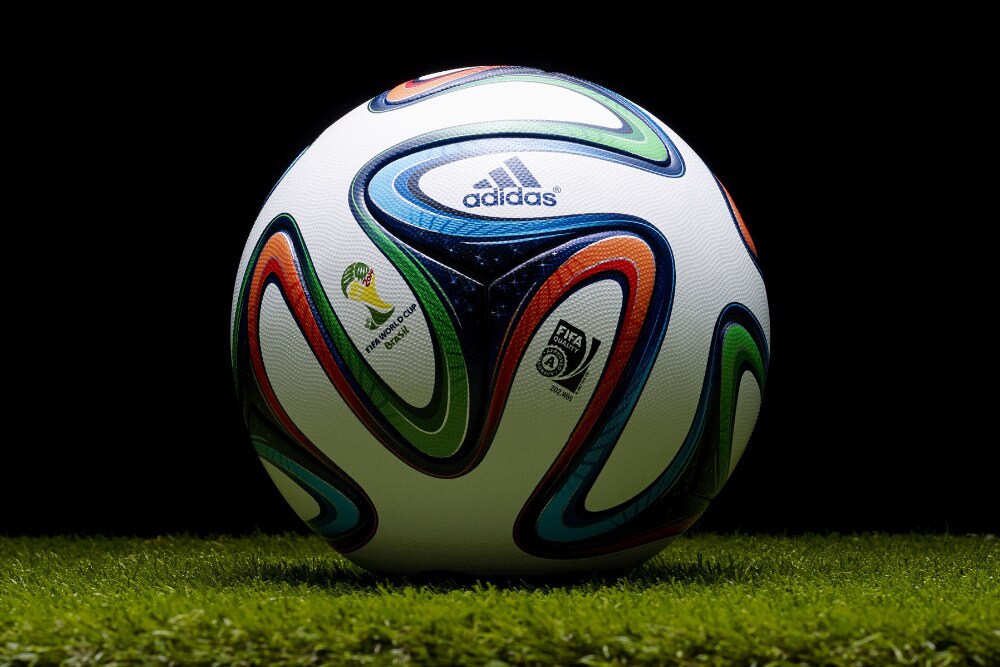
UK vs. US: Talking About 'Football' vs. 'Soccer'
You might already know that what British English speakers call "football" is "soccer" in American English.
You can probably guess why the sport would be called "football." But where does "soccer" come from?
The modern game can be traced back to rules decided by a number of teams in England in 1863. Until that time, there were many ways to play, and some even allowed players to hold the ball — a style of playing that would become "rugby football," and later just "rugby."
In 1863, a group of English "no hands" teams started an organization called the Football Association, and their style of play came to be known as "association football." Players started calling it "assoc," and then later "assoccer." In time, this became "soccer."
At almost the same time, across the Atlantic Ocean, a style of play similar to "rugby football" was transforming into "American" football. And in America, "football" became the name for the local sport, while "soccer" became the name for the no-hands game from England.
The language differences don't end there.
British English speakers will usually call two teams playing football against each other a "match." But American English speakers will talk about a soccer "game."
And while a British football match is played on a "pitch," an American soccer game is played on a "field."
British English speakers will often call the players' clothes their "kit." In American English, this is the team's "uniform."
Players' shoes even have different names on either side of the Atlantic: shoes with metal studs on the bottom are called "football boots" in the UK — but they're "cleats" in the US.